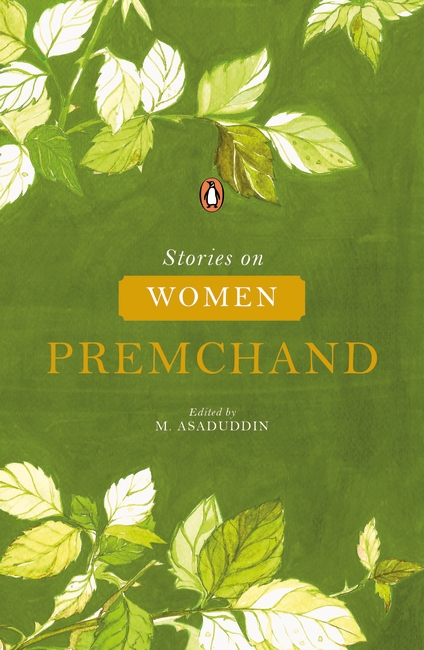
Munshi Premchand is one of the most important writers of the Hindi-Urdu canon. His prolific writing contributed largely to shape the genre the short story as we know it in India. His range and diversity were limitless as he tackled themes of romance and satire, gender politics and social inequality, with unmatched skill and compassion.
In a time when women virtually had no agency, Premchand wrote stories that helped to shed light on their plight within a patriarchal society. Although his female characters are sometimes considered conservative by modern standards, the fact that he used his works to highlight the difficult place that they occupied in his time is significant in itself.
Imprint: India Viking
Published: Jul/2018
ISBN: 9780670091430
Length : 208 Pages
MRP : ₹399.00
India has twenty-two official languages and many dialects spoken across the country. As we gear up to commemorate International Translation Day on 30 September, we bring a selection of classics translated from Indian languages to English which promise to introduce readers to great writers who would be lost without their translators. Celebrate the beauty of […]
